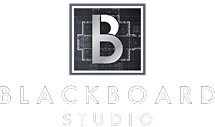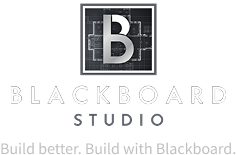Data Fusion is the connective tissue of every project we take on.
We use industry-best software to fuse drawings, 3D models, photo imagery, and LiDAR scans into one living environment. From there our peer review process identifies gaps, overlaps, and conflicts before they ever hit the jobsite.
This isn’t file management. It’s active integration. By merging design intent with real-world conditions, we create a live collaborative environment for architects, engineers, contractors, and owners. Design issues are flagged early, accountability is clear, and the entire team operates from a shared source of truth.
The result: fewer RFIs, faster approvals, and projects that move with less friction. Data Fusion is an intelligence layer of clarity and control—so design and construction can finally move in sync.


